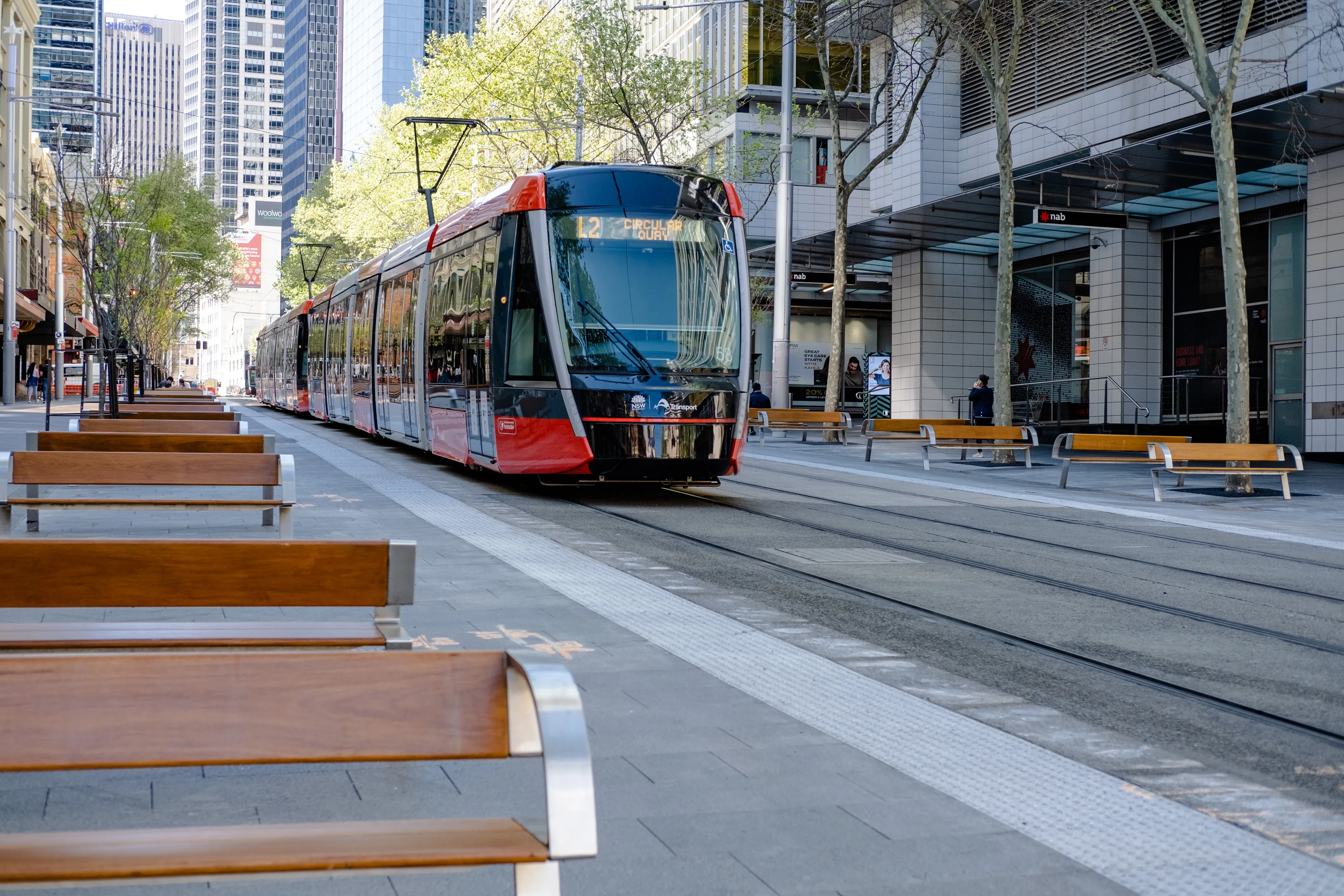Delivering 36km of new metro rail, the AUS$8.3 billion (£4.5bn) project is expected to improve travel times and increase the reliability of trains. It also comprises eight new stations from the Epping suburb to Tallawong railway station, five upgraded stations and 4,000 commuter car parking spaces.
Mott Macdonald worked with engineering company KBR and consulting services firm SMEC to deliver the design for the new stations, including three underground stations, three open-cut suburban stations and two elevated stations. The joint venture also provided train stabling maintenance facilities and the track and overhead power systems for the line.
The project was carried out on behalf of John Holland-Leighton Infrastructure, part of the Northwest Rapid Transit Consortium, which delivered the project.
Mott Macdonald JV completes Sydney Metro Northwest
Mott Macdonald and its joint venture partners have completed the Sydney Metro Northwest, an autonomous train service available for commuters in the Australian city.
Delivering 36km of new metro rail, the AUS$8.3 billion (£4.5bn) project is expected to improve travel times and increase the reliability of trains. It also comprises eight new stations from the Epping suburb to Tallawong railway station, five upgraded stations and 4,000 commuter car parking spaces.
Mott Macdonald worked with engineering compan
June 11, 2019
Read time: 1 min








